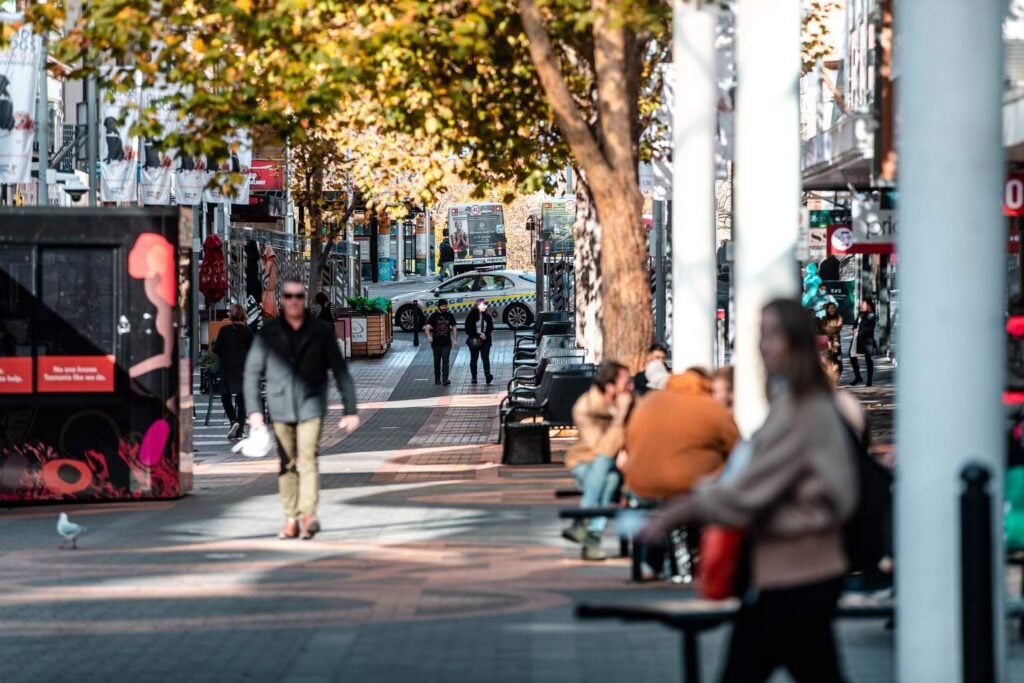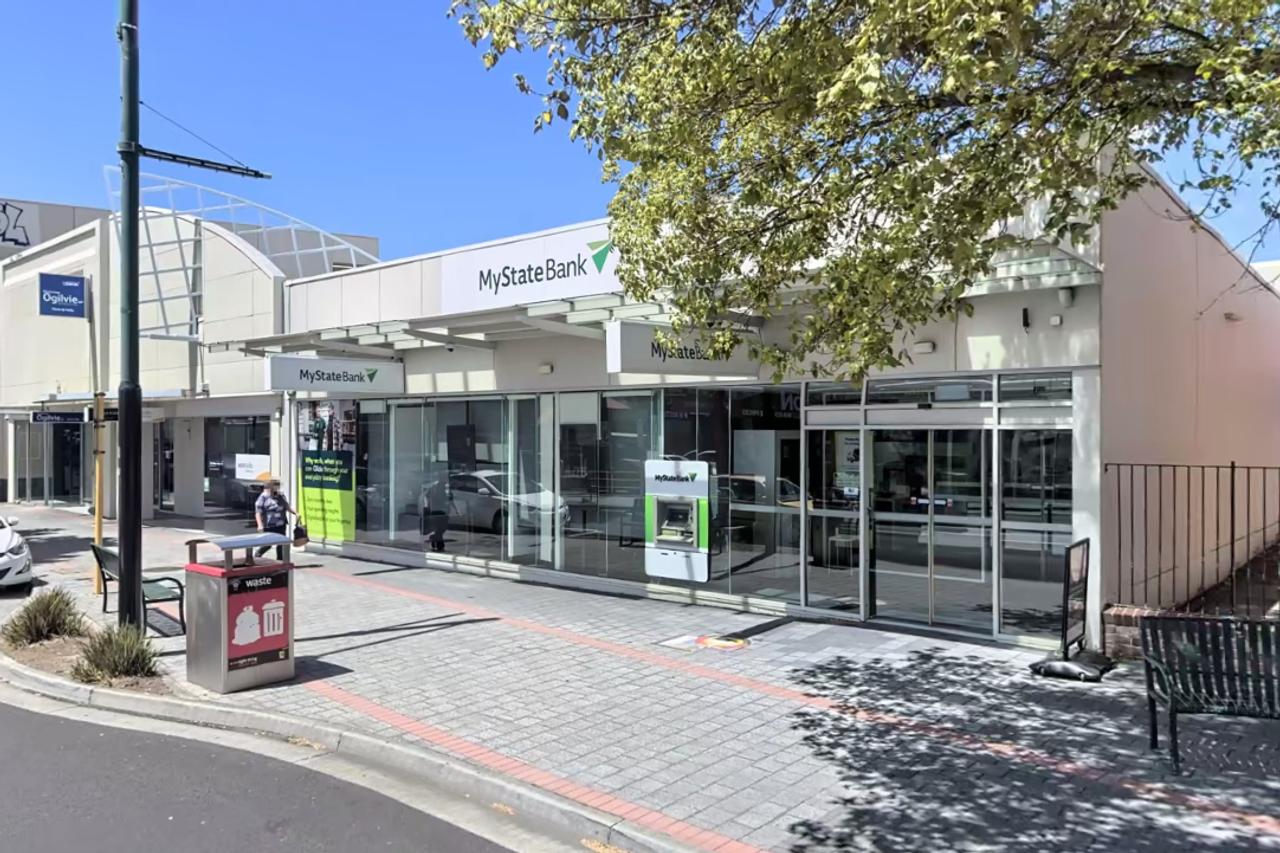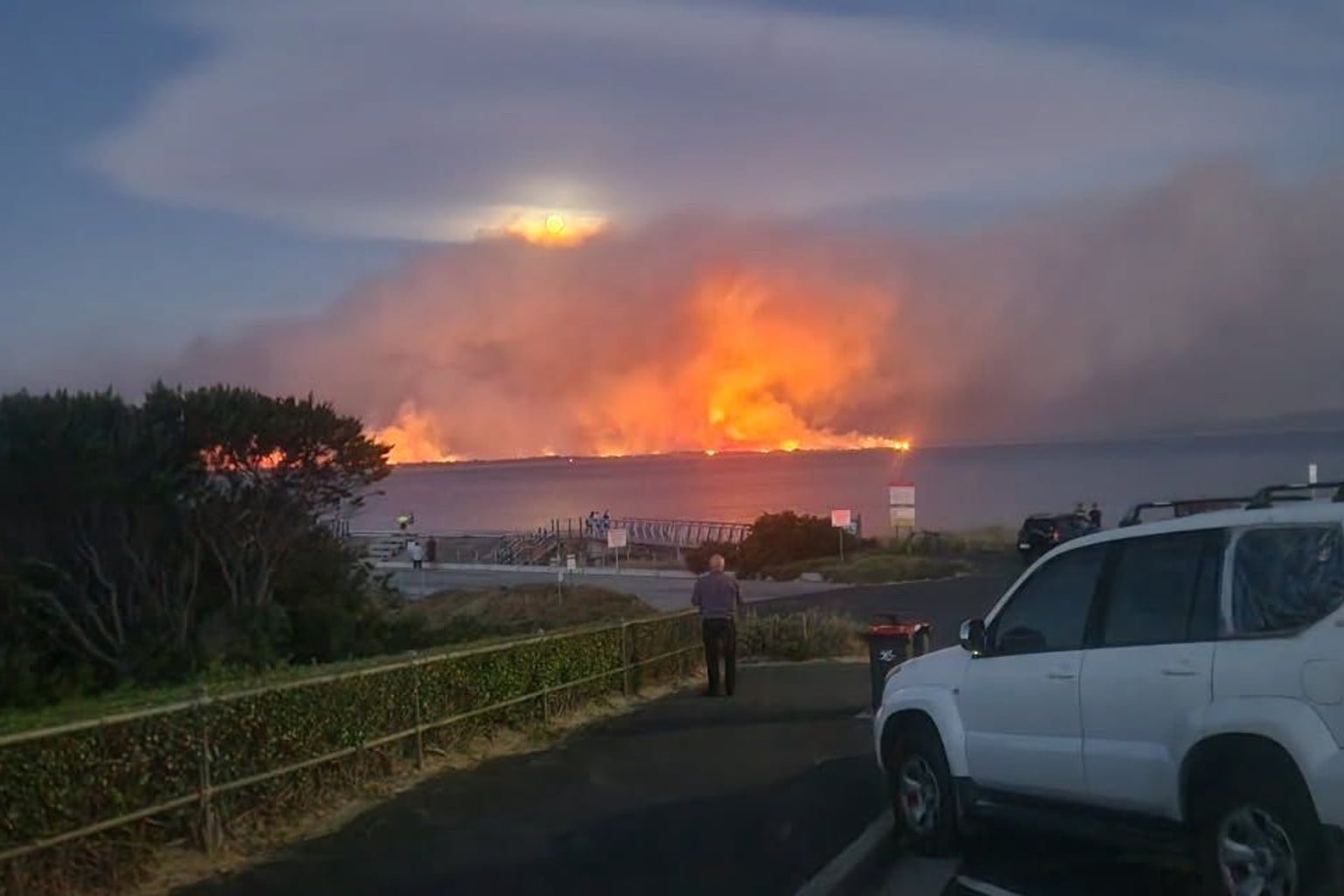The City of Hobart is proposing a new team of “Safer Hobart Officers” to patrol the city’s streets in response to concerns about anti-social behaviour and public safety in the CBD.
A council report outlines plans to deploy uniformed officers who would maintain a visible presence in public spaces, engage with businesses and vulnerable people and work alongside Tasmania Police.
The officers would educate the public about local by-laws, monitor CCTV footage, refer rough sleepers to support services and report issues like graffiti and overflowing bins. They would not issue fines.
The proposal comes as retailers and businesses call for action on youth crime, public drinking, begging and groups congregating in areas like Wellington Court and Elizabeth Street Mall.
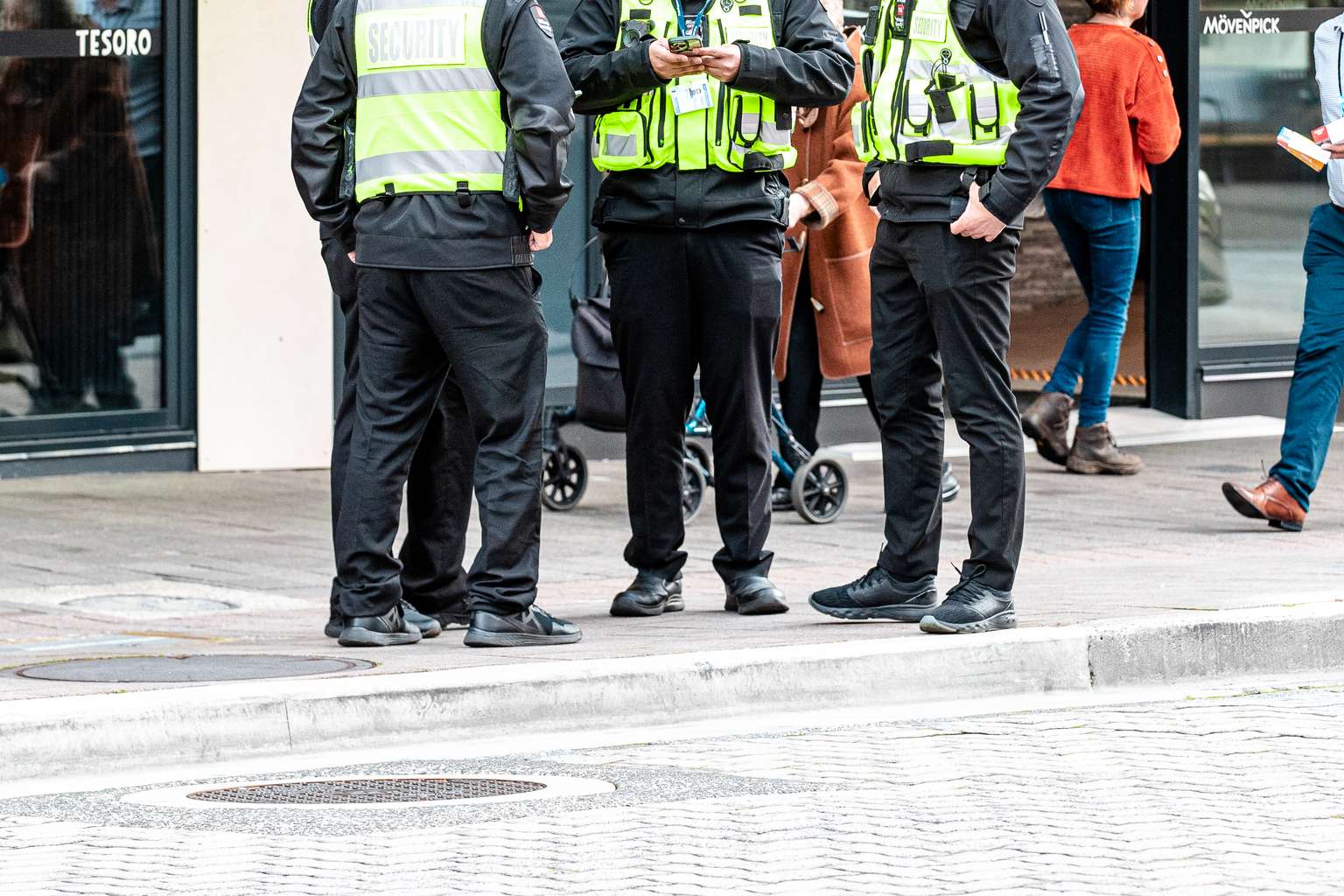
“Retailers speak of increased anxiety amongst their staff, who are fearful of some of the people involved in the anti-social behaviours outside their stores, and sometimes within,” the report states.
“They have advised that this has led to low morale amongst their staff and poor retention rates.”
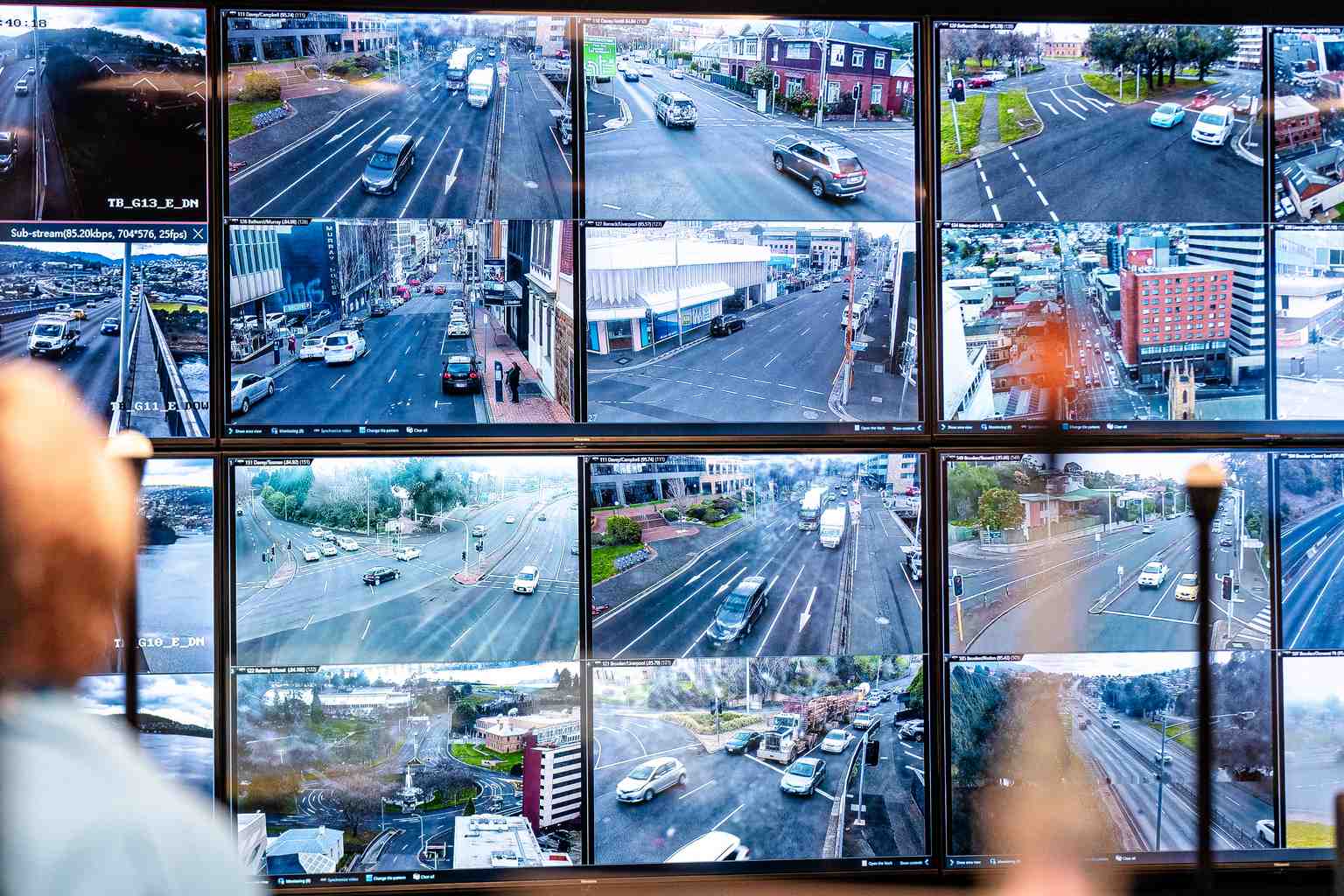
The council currently spends $768,200 a year on contracted security guards, but feedback suggests these guards are too reactive and fail to engage proactively with the community.
“The security service that is provided can be very ad-hoc and dependent upon the guards that are provided,” the report states.
“They are not seen to be providing a pro-active approach.”
The program mirrors similar initiatives in Melbourne, Perth, Adelaide and other Australian cities.
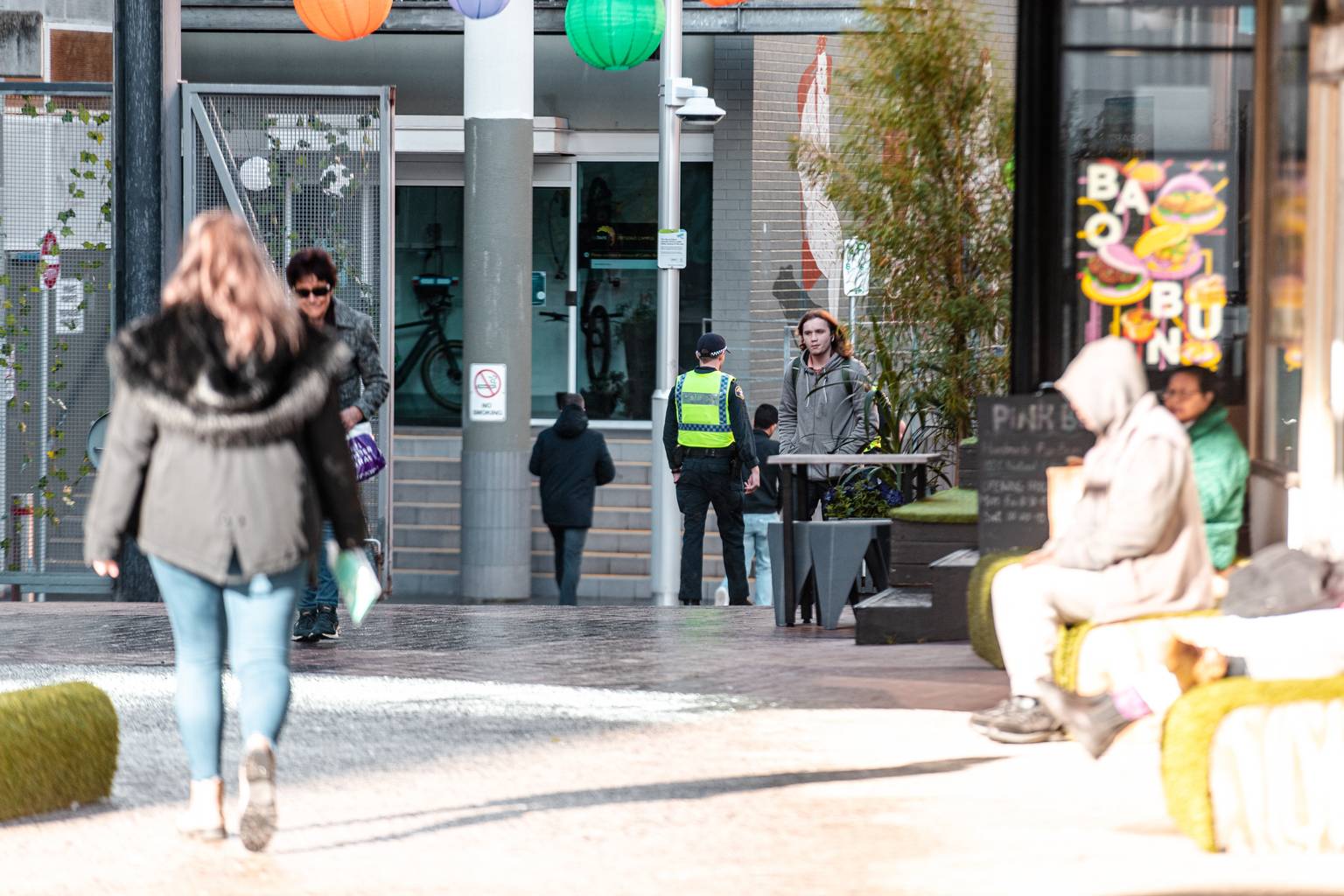
Tasmania Police recently reported a “strong decrease” in crimes during the first quarter of the 2025 financial year compared to 2024, including public safety and retail theft offences.
However, the report notes that community and business concerns about safety perceptions persist.
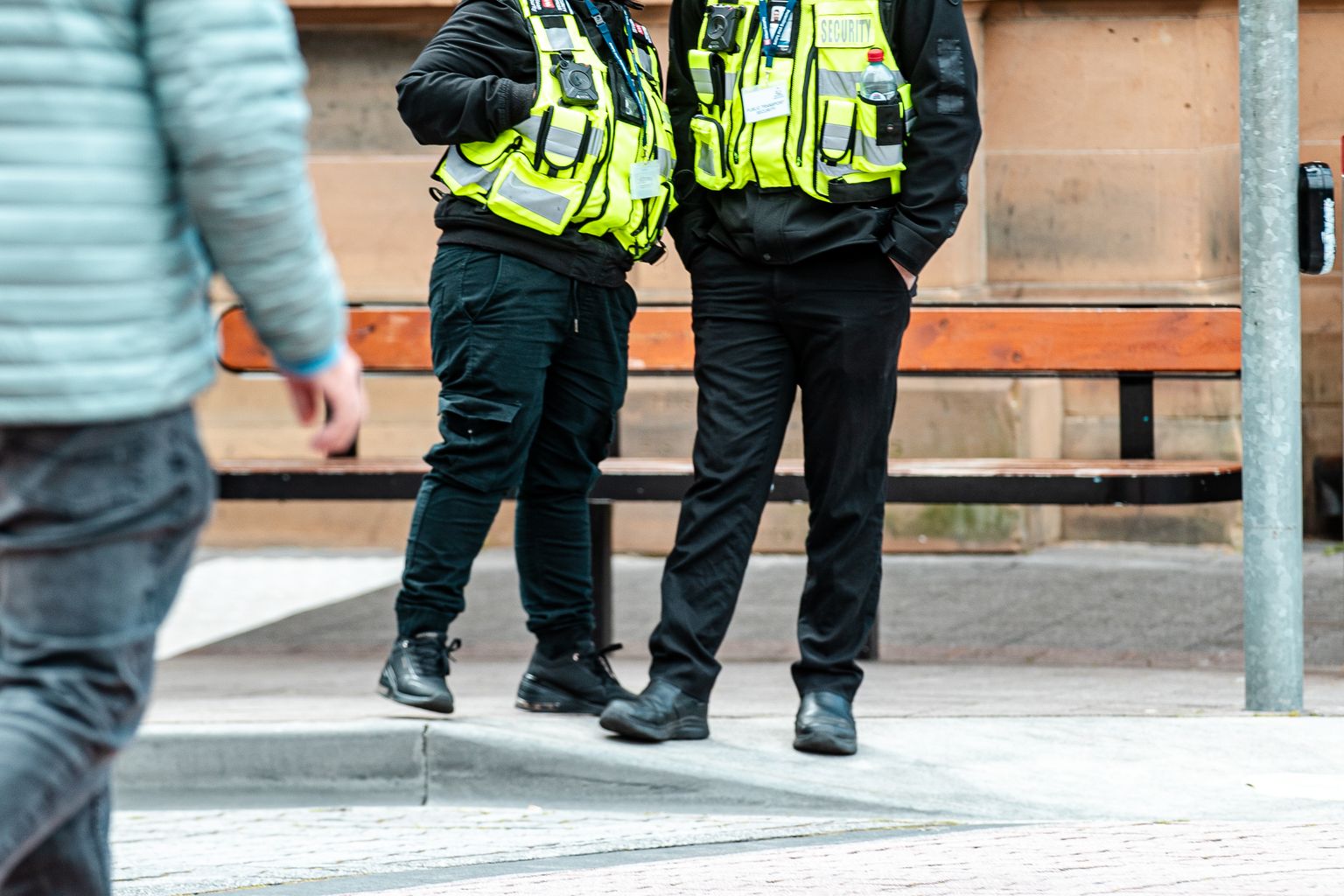
The Safer Hobart Alliance unanimously endorsed the proposal in September.
The alliance is an advisory committee made up of representatives from Tasmania Police, government agencies and business and community groups.
The program would be funded by repurposing existing vacant positions and reallocating current budgets.
Officers would receive extensive training to handle potentially dangerous situations and to engage appropriately with vulnerable community members.

